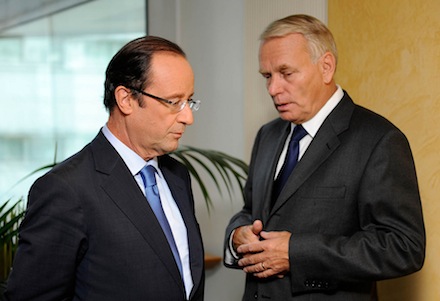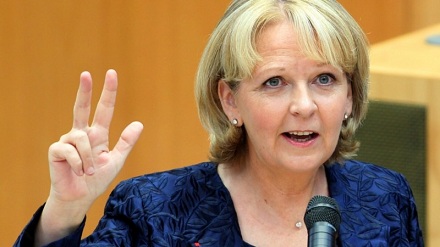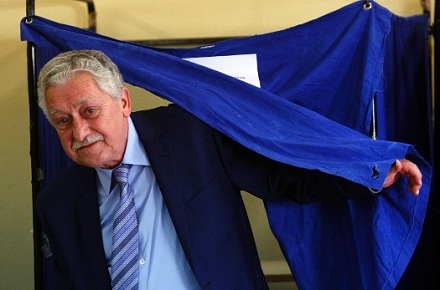For me, one of the key questions about the recent French and Greek elections has been how those results would play in Ireland — would a firm anti-austerity wave across the continent make Irish voters more or less likely, in the upcoming May 31 referendum, to endorse the December fiscal compact agreed among all of the European Union members (except the United Kingdom and the Czech Republic)?![]()
Surprisingly, perhaps, given the increasingly cynical response of Irish voters in these EU treaty referenda, the “Yes” vote camp still seems to be maintaining (or even strengthening) its lead over the “No” vote. The latest poll shows 53% in favor of the treaty (an increase of 6% over the prior poll), with only 31% opposed.
The momentum comes even as German chancellor Angela Merkel finds herself increasingly on the defense against an emergent pro-growth (and anti-austerity) wing from both the periphery — e.g. Greece — and the heart — e.g. France, North Rhine-Westphalia — of the EU.
Say what you will about the current Eurocrisis, it is fascinating to watch the increasingly interlinked politics among the EU member states. For the first time in EU history, notwithstanding decades of (politically meaningless?) European parliamentary elections, a bona fide European politics has emerged in the austerity/growth debate. It transcends the traditional right/left axis of national politics and the very existential debate of federalism vs. intergovernmentalism.
Mr Noonan said adopting the treaty will send a signal out to Europe that the Irish are serious, committed people, and committed to the repair job required for the economy.
If we vote No, he said, Europe will move on and we will be left with less than full membership of the eurozone.
To laughter from the audience at an economic summit organised by Bloomberg in Dublin this morning, Mr Noonan said he does not want Ireland to be a pavilion member of the eurozone “where you are allowed drink in the bar, but not play the course”. Continue reading Pro-referendum forces maintain momentum in Ireland





